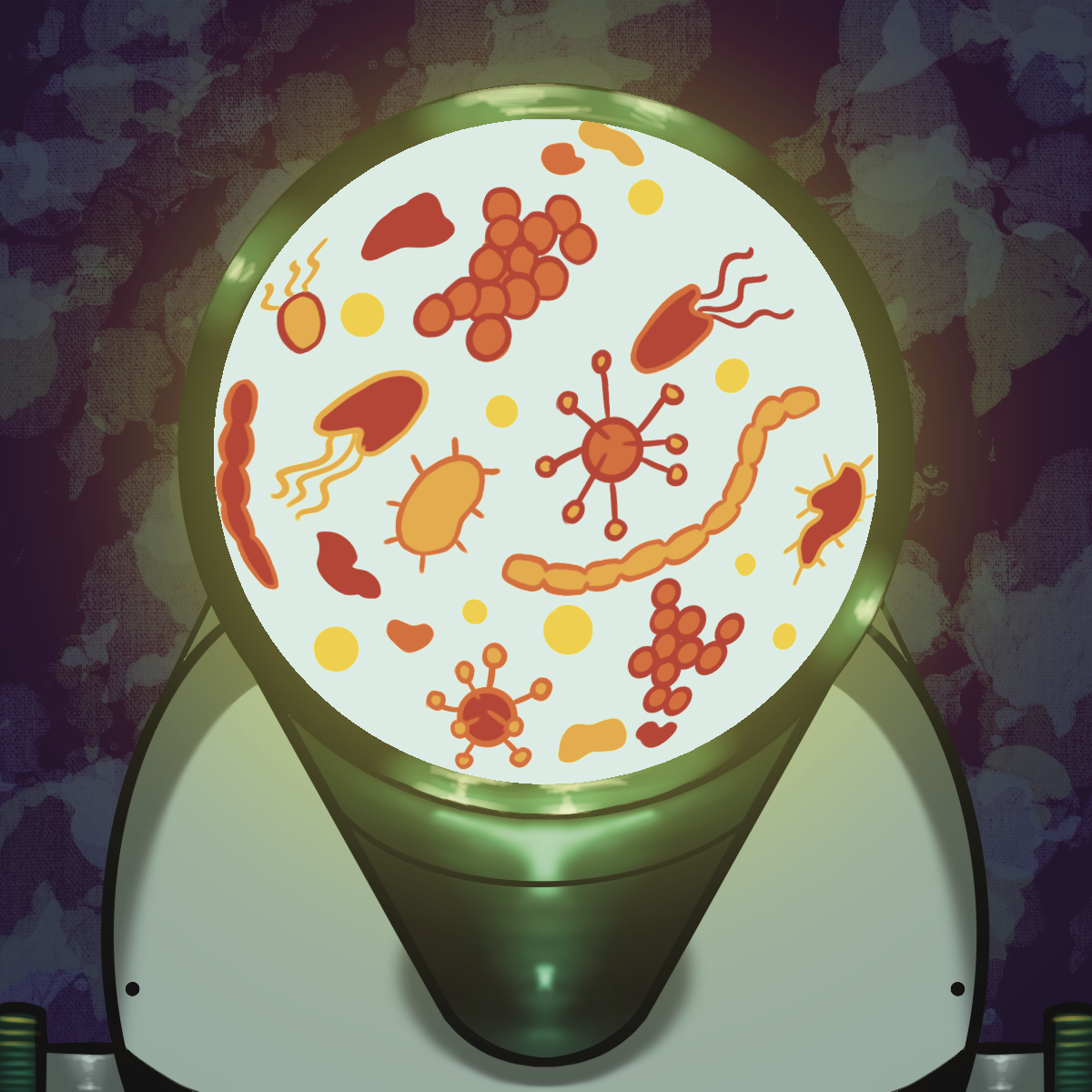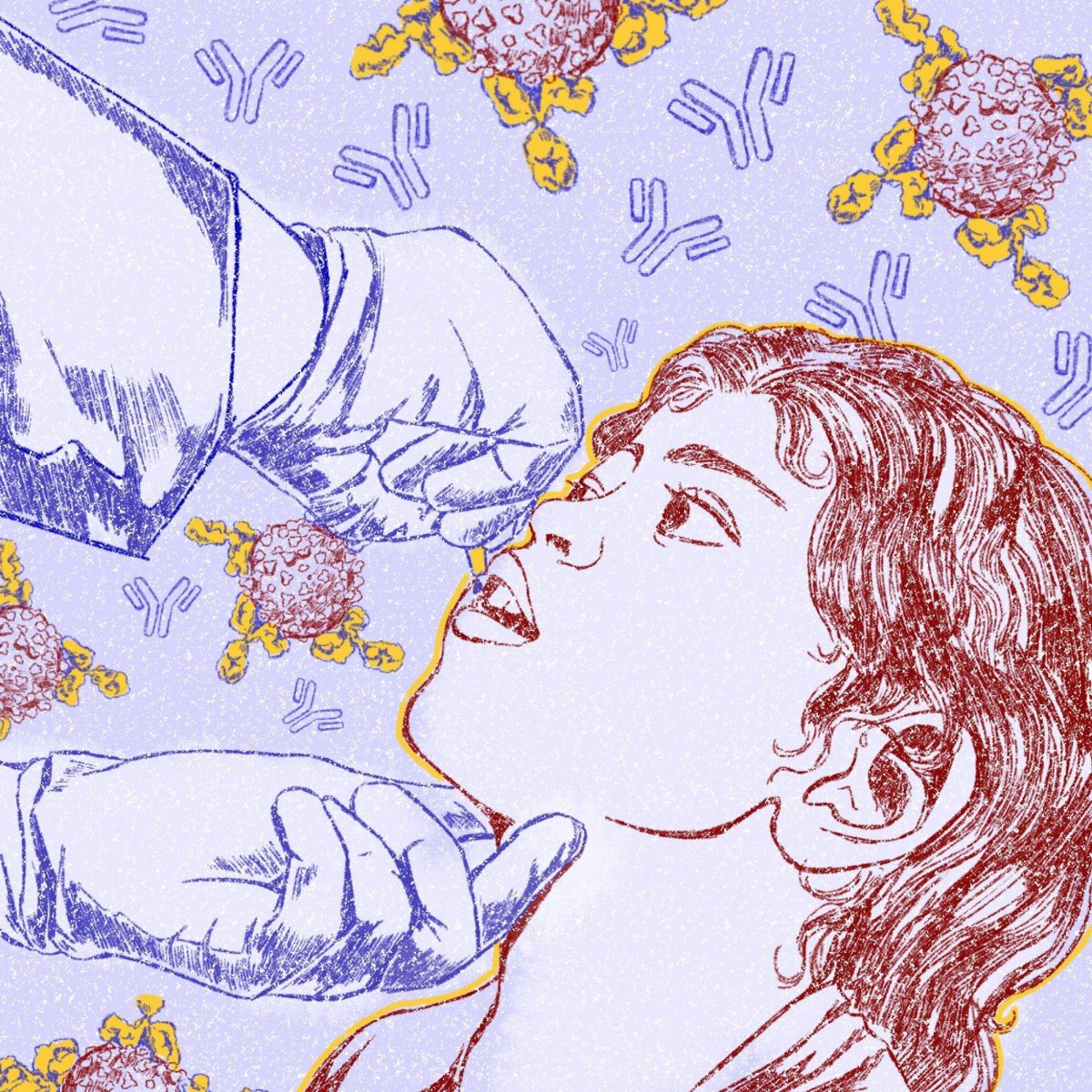A team of UT researchers discovered a class of antimicrobials called microcins that are capable of combating strains of bacteria that cause cholera, according to a study published Sept. 10.
Microcins are molecules that some bacteria produce to fight other bacteria in the gut, according to a press release about the findings. Unlike traditional antibiotics that kill both desirable and unwanted bacteria, microcins are highly selective and attack undesirable bacteria without disturbing healthy bacteria in the human gut. The team found these antimicrobials by examining PCAT, a protein that exports the microcins to attack other bacteria.
According to the paper, researchers found microcins can target strains of cholera, a diarrheal disease which leads to severe dehydration and, in extreme cases, death. The World Health Organization reported cholera is responsible for killing 21,000 to 143,000 people worldwide each year.
Sun-Young Kim, lead author of the paper and doctoral candidate, said researchers have been studying cholera for a long time, but they’ve historically overlooked the potential of microcins.
“That brings attention (to how) we should focus on things with multiple perspectives (and not just) the way we have done so far,” Kim said. “People might think there’s nothing new there, but if we switched our perspective, we might find new things (that make) human lives better.”
UT alum Richard Gu, a collaborator on the study, said the team’s research is just a start to understanding the capabilities of microcins and could inspire future cholera research.
“The hope with this work is that someone can take this and use it in some way to prove something,” Gu said. “(This could be) a small piece of that big solution that hopefully gets created one day … Knowing that (this research) is going towards something that’ll generally be positive towards humanity as a whole is very reassuring.”
Kim said the team hopes to eventually optimize bacteria to produce more microcins to fight against diseases. It is possible the optimization will result in microcins staying longer in the body and having better efficacy before a drug can be made, he said.
“I’m a little glad that we have at least another option to face (this issue),” Kim said. “It will take so many years (for this to become) actual antibiotics … These are things we should keep doing … as an academic institution. I feel very glad that we found something that can be helpful for some cases.”














